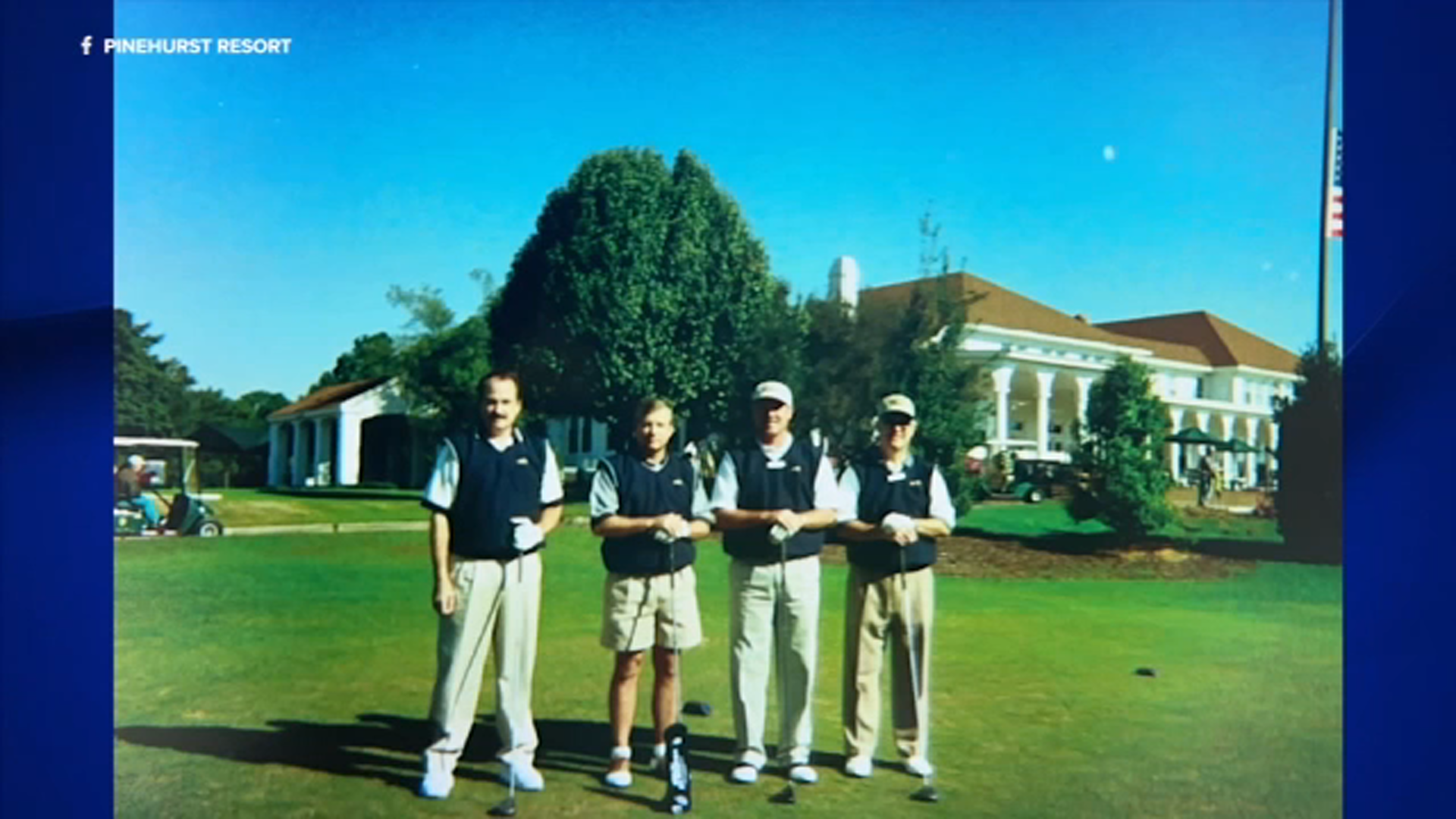North Carolina held pandemic summit in 2006; did it help the state prepare for COVID-19?

RALEIGH (WTVD) -- Fourteen years before the COVID-19 pandemic killed more than 500,000 people, public health officials gathered in an auditorium at the North Carolina Museum of History to talk about how to be ready to respond to a pandemic.
In the Spring of 2006, Dr. Leah Devlin was the state Health Director.
She opened what was called the North Carolina Pandemic Flu Summit with this foreboding statement, "You're invited today to think the unthinkable, predict the unpredictable, and imagine the unimaginable."
"I do believe that those words still ring true today. We are in an unprecedented pandemic," Devlin, who is now a professor at UNC's Gillings School of Public Health, said in an interview Tuesday.
Although Devlin and the others at the 2006 summit ended up thinking the unthinkable and predicting the unpredictable, they never imagined COVID-19.
"This current pandemic is different because it's not the flu; because we don't have antivirals; we don't have treatment; we don't have residual immunity and we don't have a whole long history of various annual flu vaccines," Devlin said.
The 1918 flu pandemic was a hot topic during the 2006 summit.
Those attending assumed that, like the 1918 outbreak, carriers would show symptoms early on.
They never imagined the pandemic would be caused by a long-lasting and insidious virus spread by people who seem perfectly healthy.
"The duration, the pervasiveness, the percent of infected individuals who are asymptomatic. That's very different from the flu," Devlin noted adding that it's believed that as much as 40% of the spread of COVID-19 may be attributed to asymptomatic carriers.
She said some preps made after the 2006 summit did help with the current pandemic but that over the years funding--mostly federal dollars--for some of that plan dried up.
WATCH: Ed Crump covers 2006 Pandemic Flu Summit

"The public health system has not been invested in, like it should have been and needs to be in the future. And that's certainly something that's becoming clear."
But Devlin said right now stopping the spread of COVID-19 has become the responsibility of each of us.
"Every person has to participate in the response and take responsibility for their own decisions and for their own health protection, the protection of their family and their communities the best they can whether it's wearing masks, social distancing, just staying home when you can," she said. "We all have our part to play in this."





